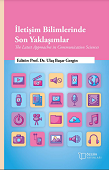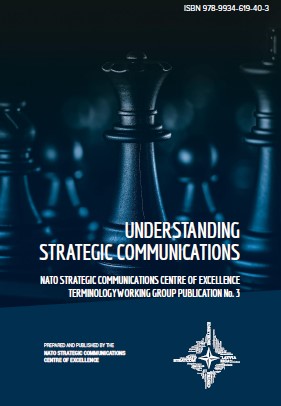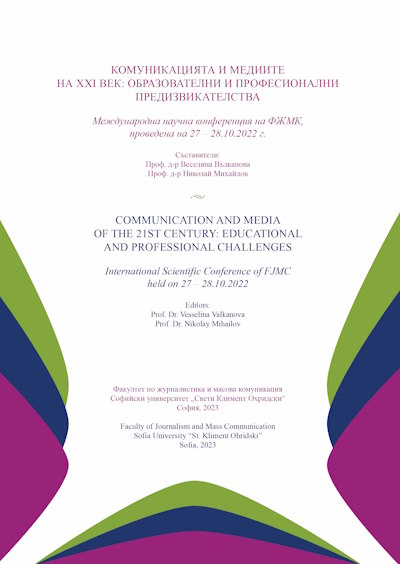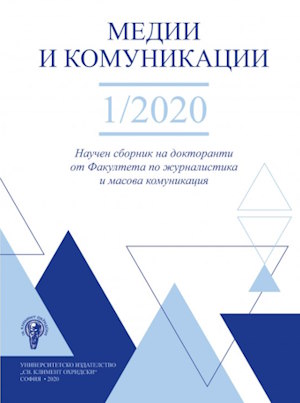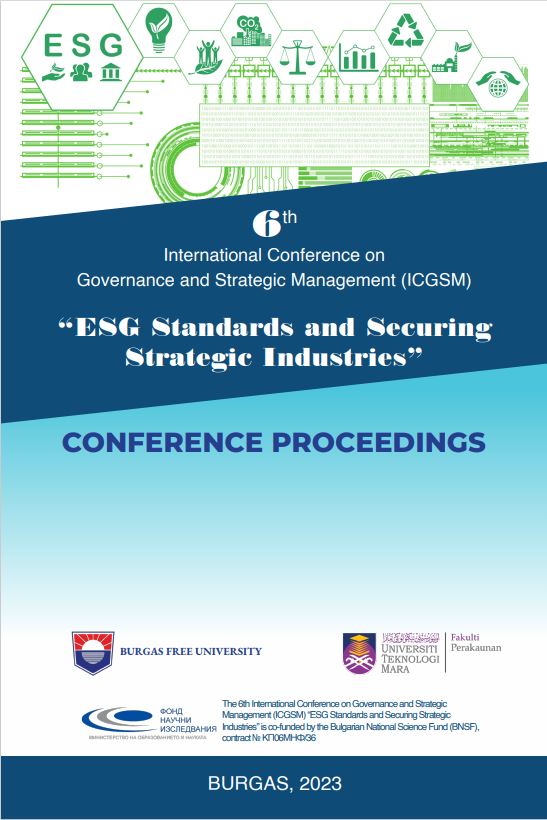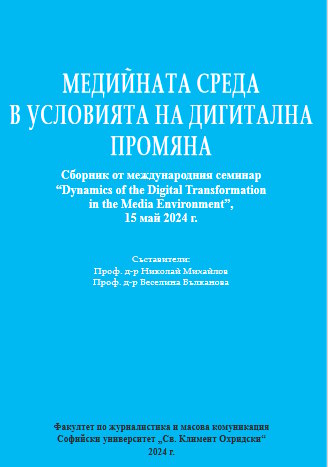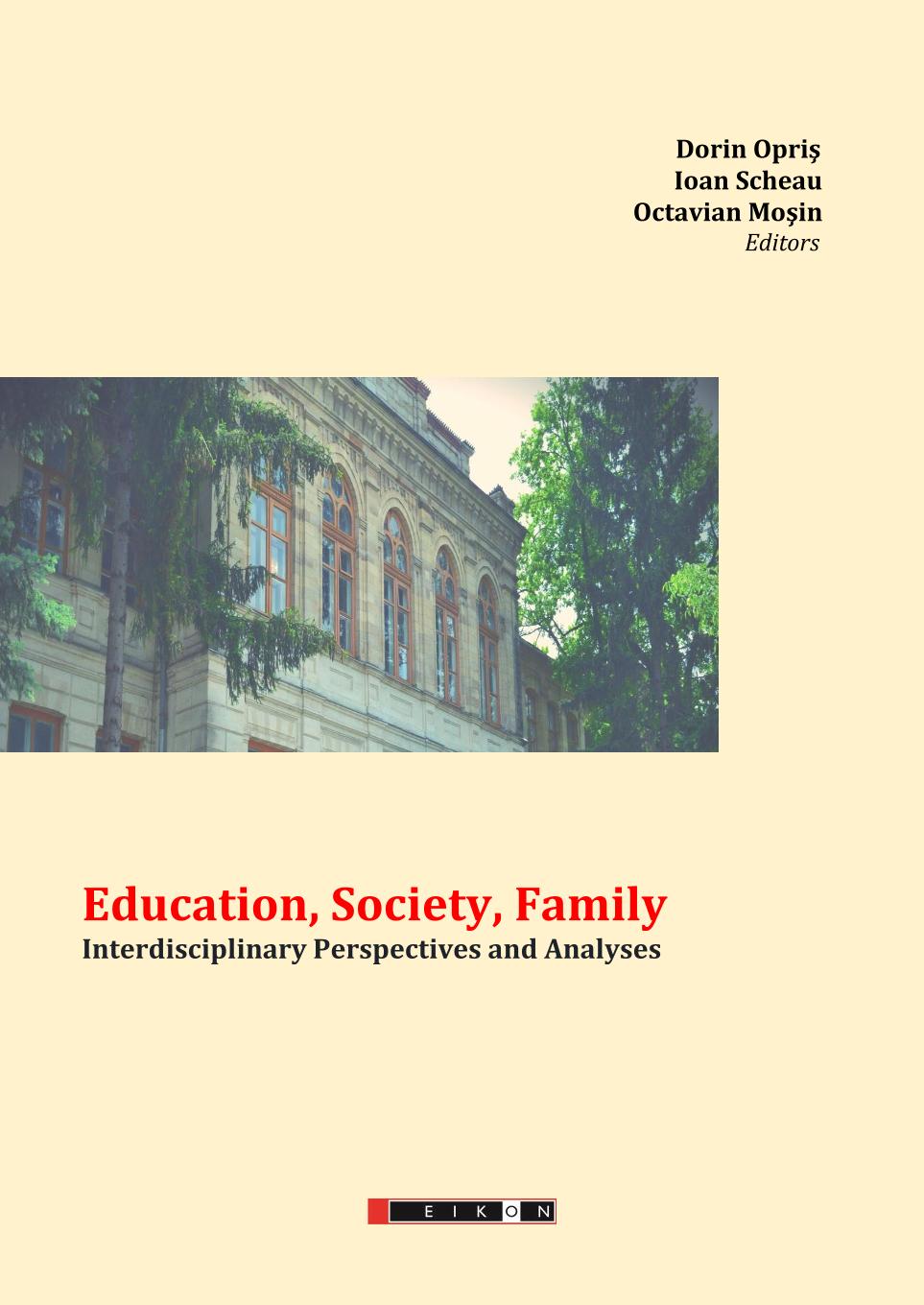
ADDRESS TERMS – CONTEXTUALIZATION AND FUNCTIONALITY IN PRIMARY SCHOOL
Communication involves, in the school universe, multiple variables at subjective, relational, hierarchical, contextual level. Among the various components of the communicative act, the address terms reflect, in addition to the relationship between the speaker and the interlocutor, a certain communicative intention, a certain way of influencing the interlocutor, of regulating the relationship, etc. These elements (embodied in name, surname, caress / diminutive forms, “name” given to groups of students, interjections, positive / negative “labels”, etc.) are analysed in this paper, in the context of face-to-face communication and online communication (teacher - student / students, student - student), by reporting to sequences of activities / activities carried out in primary school, in Romania (activities available online, on YouTube or attended online, in a pandemic context). The aim is, on the one hand, to inventory the address terms used in communication situations that can be found in primary school and, on the other hand, to identify the functions that these terms fulfill depending on the context.
More...

